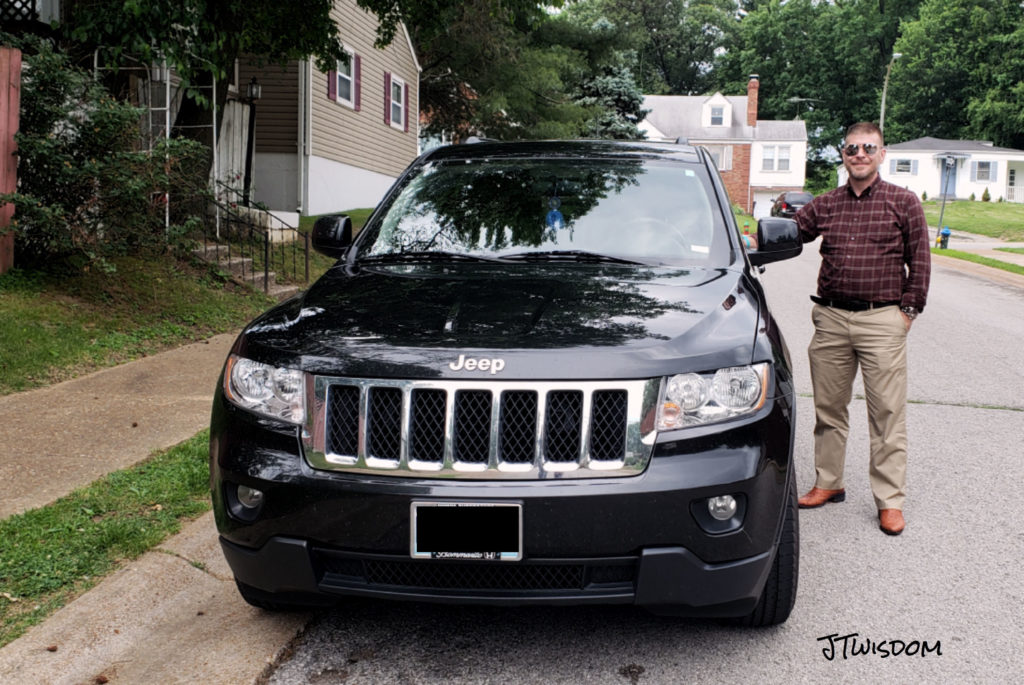There’s a lot to consider when you’re buying a new car. You want to ensure that it fits all of your needs, in terms of the running costs, how well it suits your lifestyle, and not to mention your budget. But, how do you know that you’re buying a “good car?” The salesperson might do a fine job telling you everything good about it, but they’re not going to tell you the whole story. Here’s how you get it.
Take it out for a real test drive
It’s a common enough tip, and it might sound like something you would just intuitively do. However, many people who take a car out for a test drive don’t spend enough time inspecting the different elements of how the car controls and feels. Check as many of the car’s features as possible to see how and if they work correctly, test parking it, especially in parking spaces like those you would use every day, and keep all of your senses ready for how the car feels, sounds and steers. Take some time to drive the vehicle and see if you can push it in different scenarios, such as on the motorway, going uphill, and the like to get a good view of its performance.
Check what the critics have to say
All kinds of car critics do reviews, test drives, and inspections of vehicles to suit a wide range of drivers and driving styles. Since you’re most likely looking at buying a car to use regularly as a consumer, you should look for sites like Edmunds that can give you a detailed overview of how driving and owning a car works for a driver like you. Aside from reading opinions and checking the rankings for each vehicle, you should also take the time to compare it to other cars in a similar price range and category.
Get an idea of how reliable it is
When buying a new car, you’re not just buying it for the immediate future. You’ll want something that will last when it’s on the road. Reliability does not get as much focus from buyers as it should, which can often end up with drivers being surprised when their car starts giving them trouble a little earlier than expected. Sites like the Reliability Index can become an invaluable tool for getting an idea of not just how reliable a car is but which parts are likely to experience trouble first and, as a result, how expensive your most likely replacements will be when you need to make them.
With the tips above, you can ensure that you have a much fuller picture of what it will be like to own the car you’ve been looking at. A little research can save you from making unfortunate decisions along the way.





Follow!